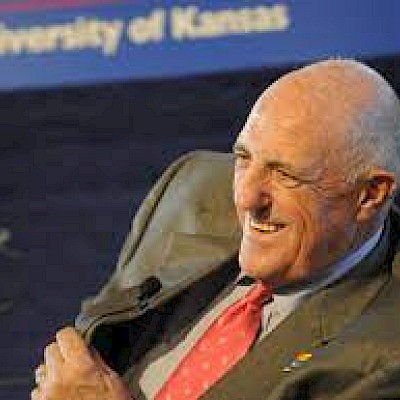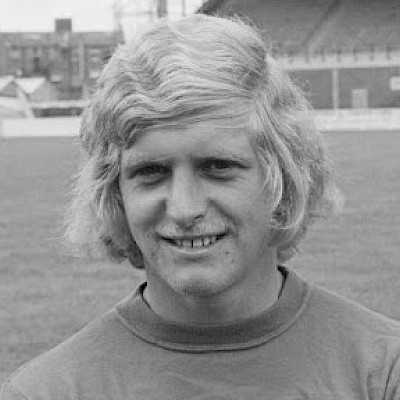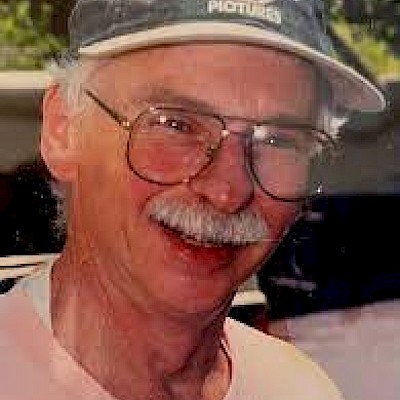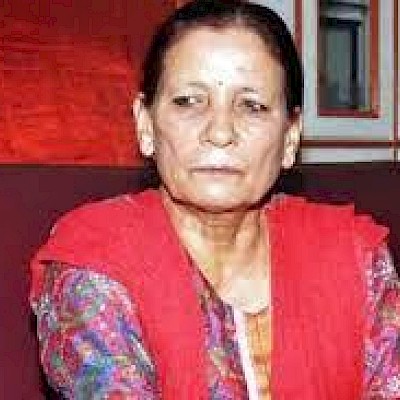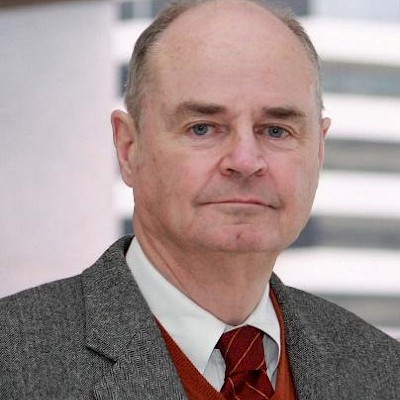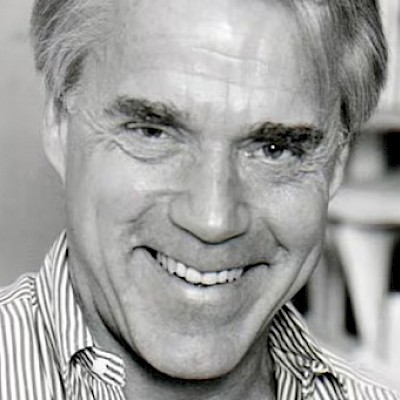
Roger Dorchy
Roger Dorchy was a fixture on the Le Mans 24 Hours grid for much of the 1970s and ‘80s, though in 13 starts he made the finish only three times.
Yet his place in the history of the French enduro was sealed when he hit more than 250mph on the Mulsanne Straight at the wheel of a Peugeot-powered WM Group C car during the race in 1988.
Or rather it was assured two years later when the four-mile drag of public road that is correctly called the Ligne droite des Hunaudieres was split into three with the construction of the pair of chicanes we know today. Never again would the kind of speeds hit by Dorchy, who has died aged 78 after a battle with Parkinson’s disease, be attained around the eight and half miles of the Circuit de la Sarthe.
Dorchy’s record aboard the WM-Peugeot P88 stands at 405km/h or 251mph, though he actually went faster than that: a shade faster in 1988, and probably significantly quicker the year before.
It is a fact that Dorchy was clocked through the speed trap on the Mulsanne in ’88 at 407km/h (253mph), but WM and race organizer the Automobile Club de l’Ouest decided to declare the new record at 405km/h. The reason was that the team was largely made up of Peugeot employees working in their spare time and 1988 was the launch year of the French manufacturer's new 405 four-door saloon.
But key players involved in the team named after Gerard Welter, a stylist at Peugeot whose credits include the 205 hatch-back, and Michel Meunier believed Dorchy might have gone perhaps as much as 10 or 12km/h faster in 1987. Their calculations suggested the terminal velocity was knocking on the door of 420km/h, the discrepancy down to the inadequacies of the measuring equipment supplied by the police.
WM had been racing at the Le Mans 24 Hours since 1976, but as the Group C category really took off in the mid-1980s it realised that as part-timers it couldn’t compete with Porsche, Jaguar, Sauber-Mercedes et al. So it changed tack and proposed the idea of trying to break the 400km/h barrier under the ‘Projet 400’ banner.
The P87 was the result, a low downforce special that had a rear wing only to balance the car. It had hit 416km/h in a TV stunt on an unopened section of French autoroute a few days before Le Mans in ’87 with Francois Migault driving. Come the race, however, the car never came close to the kind of speeds the team was sure it was capable of achieving.
It was subsequently found out that the radar system used to measure terminal velocity on the Mulsanne couldn’t cope with the kind of speeds that WM was hitting. It was the same during qualifying in 1988, before a prototype of a more advanced system was brought in for the race and the record duly taken by Dorchy.
Dorchy had first raced in one of WM’s prototypes in 1977 and would remain part of the team’s Le Mans assault until it closed its doors after the ’89 race. Ten of his 13 Le Mans starts came with Welter and Meunier’s happy band of volunteers.
Only twice did he see the finish, however. Sharing a P79/80 with rally star Guy Frequelin, he came home fourth and second in the GTP class in 1980, though admittedly 20 laps behind the winning Rondeau.
Dorchy’s Le Mans debut came in 1974, the second of two years in which he raced Formula Renault single-seaters. It would be the first of four appearances - including one failure to qualify — at the French enduro driving Porsche 911 Carrera RSRs.
What was most remarkable about Dorchy’s exploits on the Muslanne was perhaps that he was not a professional racing driver: he ran a garage in Beauvais to the north of Paris and Le Mans was often his only race appearance of the season.
•
Remembering Roger Dorchy
Use the form below to make your memorial contribution. PRO will send a handwritten card to the family with your tribute or message included. The information you provide enables us to apply your remembrance gift exactly as you wish.

